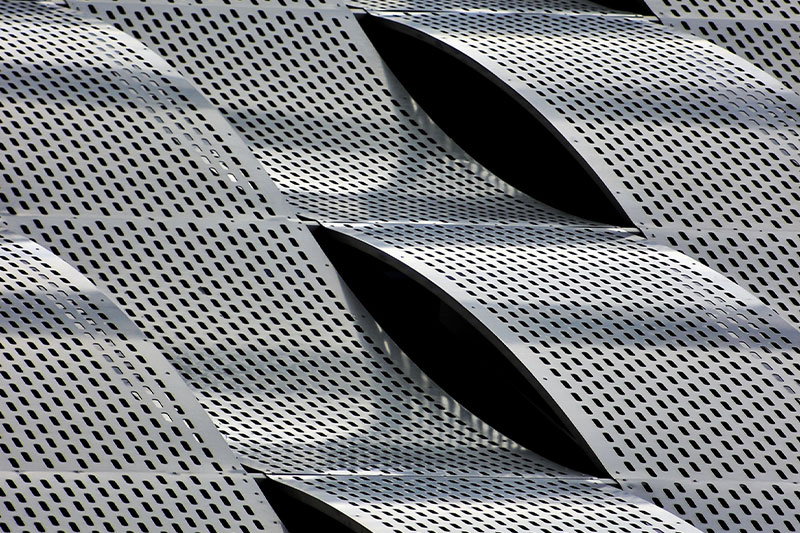Light-weighting of the trailer delivers direct societal impact in reduced fuel consumption and hence CO2 emissions via reduced energy for acceleration, hill climbing and reduced rolling resistance. It has been noted that around a 6.5% reduction in fuel consumption can be made just by reducing trailer unladen mass by 25%. Reducing the unladen mass of the trailer is probably the easiest of the vehicle design changes to implement.
A small number of candidate trailers and components were designed using a database-driven optimisation method developed in Cambridge for composites structural design. The methodology includes manufacturing and structural constraints and allows evaluation of the trade-off between design complexity, mass, cost and fuel savings, aerodynamic features and novel wheel configurations.
Sandwich panels with woven Glass Fiber Reinforced Polyester and an end-grain balsa has been found to be the most advantageous material combination in terms of both raw material cost and mechanical performance. These panels can be fabricated using a single shot fabrication technique and are approximately 45% lighter than conventional plywood trailer decking.
Results confirm that the Hybrid structure is more expensive in materials cost and manufacturing but, that the total cost remains nearly the same (-1%) due to lower fuel costs. Over a 5-year period, the saving is estimated to 6%.



